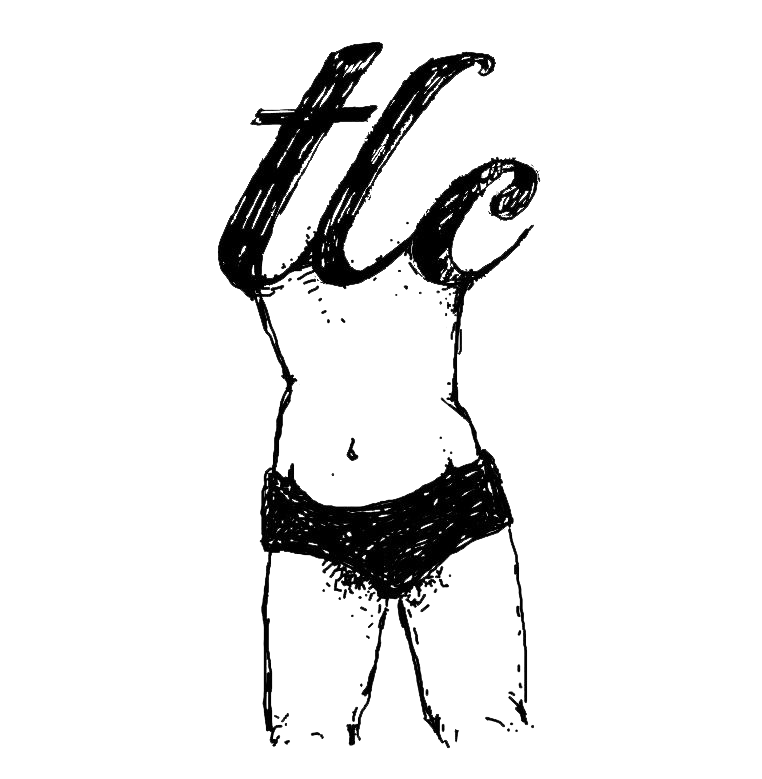A month ago, Delhi organised an LGBTQIA Pride parade. A friend of mine was involved. On Twitter, he ranted about how journalists were calling him to ask for numbers of people who are gay or lesbian or transgender. He was angry because the scribes behaved as if the community had a giant directory. I was, silently, hurt: no one had even thought to ask about bisexuals.
About twelve years old, with my first reference to hostility towards gays coming from a Sweet Valley High novel, confused I asked my mom, “Why are they all so worried about this boy being happy?” You see I was a child who read SVH on the toilet seat and devoured romantic poets in the sheets.
My mother explained that the word gay had two connotations: one taught to me by Keats and Kelley, and another developed over the years as a derogatory comment for people who were attracted to the same gender as them.
“What’s so bad about that?” I wondered. “Well, dear, not everyone is as understanding as you are,” my mom replied in a sage-like manner.
“I think I’m gay, Ma,” I blurted out. “I sometimes like girls too.”
“Do you like boys too?” she asked. I nodded my head vigorously. “Well then, it just means you appreciate the beauty of both sexes,” she replied.
My first question about what it means to be gay turned into my first lesson about being bisexual.
After that, much to my best friend’s chagrin, I decided to explore my bisexual urges. At thirteen, I chased her around my room as a “joke,” begging her to teach me to kiss. What I wanted was to experience kissing a girl. Poor thing. She never signed up for my sexual confusion. And, worse, she was a faster runner than I.
To date, it’s been my best explanation for who I am. Of course, years later, I’d realise my mom was only squatting away from the idea of her child being anything but heterosexual (she will indeed die when she reads this.) And, that dismissal of how I feel has been my experience as a bisexual woman across the world (or at least the parts to which I’ve travelled.)
It’s a strange thing to be bisexual — not for me, but for others, or so I’ve come to learn.
Boyfriends whom I’ve told inevitably go in the direction of “Does that mean we can have a threesome?” I usually reply, “I wouldn’t have a problem with it.” After which appeared the inevitable jealousy. “No, you can’t go learn yoga from that girl. You’re bi; she’s a lesbian. What if something happens?” is the ultimate response. As if being bisexual, I somehow lose the concept of fidelity.
Most lesbians I’m attracted to make it a point to ask me: “Are you sure you’re not just bi-curious?” or my personal favourite “what gender do you prefer more?” At which point, I have to ask: “Are you looking to fuck a human or a pi-chart?”
A friend I recently came out to asked, “So why aren’t you attracted to me then?”
“Because I like big boobs and you don’t have any,” was my reply. Like everyone in the world, I have a type. I have similarly answered this question to a male friend in the past: “I like big dicks and I cannot lie.”
The objects of my affection tend to be the same type of person, whether they’re a man or a woman. In love, I like individuals who make me laugh, are smarter than I am, and who has a sweet smile. In lust, I like big dicks and big boobs.
And, truth to power, I’ve found no difference in pickup lines used by heterosexual men and homosexual women. A 2 am text that says, “I can’t stop thinking about my face between your legs” has been sent to me by men and women. “Can I come over to help you fix …. yadda yadda.” You know what this tells me? That eventually, when looking for love or sex, we’re all the same.
Often, I justify the palatable hostility I feel for my sexual orientation by thinking, “Well, lesbians and gays might not appreciate a person who can “pass.” But, when confronted with a man or woman whom I like, there are no more choices for me than there would be for any gay man or lesbian. I like whom I like. There’s no transferring those feeling to a more socially acceptable, “morally correct” subject. Like any other member of the LGBTQ community, I have no choice about the person with whom I’ll fall in love.























Leave a Reply